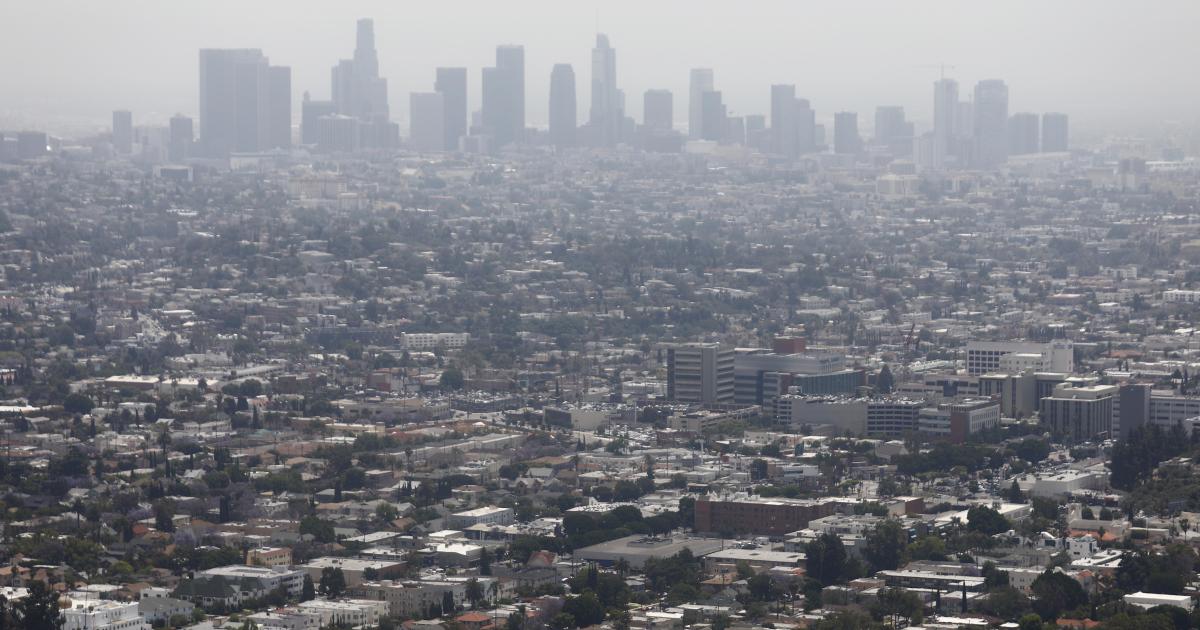Summer heat waves could cause more blackouts than ever. An expert explains the potentially deadly trend.
Heat waves across parts of the United States are becoming increasingly common as global temperatures rise. The alarming trend threatens to put more pressure on electrical grids that are not ready for the increased strain — and the results could be potentially deadly.
"In every dimension we can measure, heat waves are increasing over the last 10 to 20 years," School of City and Regional Planning at the Georgia Institute of Technology researcher Brian Stone Jr., Ph.D. said on CBSN Thursday. "We know there's a relationship between heat waves and energy demand, and just hot weather in the summer, and so we're finding that a disproportionate number of blackouts are happening."
He said climate change was responsible for heat waves starting earlier and being more intense.
Stone and a group of other researchers conducted a study on the growing danger of blackout events that coincide with extreme weather. According to their data, blackouts and electrical grid failures have spiked 60% compared to the previous five-year period.
The study, which used climate and weather models for the regions, simulated how power grid failures in Phoenix, Atlanta and Detroit during periods of high heat could affect internal building temperatures.
"We are focused on not just the temperature outside — if we're gonna have a heat wave we know it's going to get very hot outside — but actually understanding what the heat exposures are inside people's homes," Stone said. "Any time you have hot weather, you have pretty extreme exposures inside the home. And then of course when you have that compounded with a blackout, everyone loses air conditioning."
Residents of a city like Phoenix, where summer temperatures can regularly hit 100 degrees, normally rely on air conditioning for more livable conditions.
"In a blackout, everyone is experiencing temperatures well over 100 degrees, 115 degrees in their homes. And so that is very, very hazardous," Stone said.
"We are seeing a risk of heat illness or death for two-thirds or more of the population in these three cities, and those are quite significant findings at the level of risk we are confronting."
Along with increased heat, hurricane seasons and droughts that overlap with summer months add to the strain on power grids.
Stone said those in the bottom 20% of income are most at-risk in these situations.
"Risk is amplified for two reasons — one, less likely to have air conditioning, less likely to use it, and two, we find the highest heat exposures actually happen in smaller, one-story houses, single-family houses," he said, adding that that kind of housing in the three cities is most frequently inhabited by low-income residents.
Researchers also looked at what infrastructure the city had in place in the event of a grid failure, and found the number of cooling centers where residents can shelter from the heat would, at most, accommodate 2% of their combined populations.
These cooling centers — what Stone calls the cities' "last resort" — are also not required to have backup power generators in Atlanta and Detroit.
"That really raises questions around, what is the level of preparedness for what is a very high health risk?" Stone questioned. "This is not decades into future — this is this summer."



